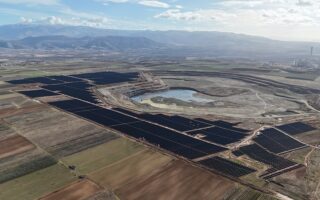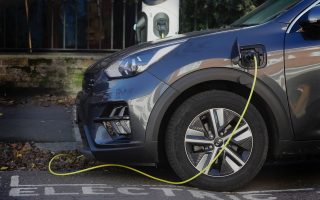Home energy upgrades are crucial
Improvement work on residences will be great challenge, as 9 in 10 date from before 2000

The energy upgrade of the existing building stock – especially residential buildings, with 90% of them having been built before 2000 – will be a particularly difficult challenge given the insulation specifications and heating systems.
The issue has multiple ramifications, as at European Union level guidelines have been passed as part of the “Fit For 55” policy for the energy transition toward a zero-carbon economy. Therefore, building upgrades are not a legitimate policy choice, but have become imperative. In a recent report, National Bank stated that by 2030, 5 billion euros will have been invested in the Greek housing market exclusively for energy upgrades.
According to a recent Hellenic Statistical Authority (ELSTAT) survey on the living conditions of households, carried out in 2023, it appears that 88% of the total population of the country has not made any improvements to the residence they live in permanently in the last five years. Therefore, the various “Exoikonomo” programs, which have been running with significant funds since 2018, are having an impact, but still not on the scale required.
Another important conclusion is that even today, almost every other household, or 47.1% of the population, uses oil as their main source of heating. An additional 21.1% exclusively use firewood, while 20.6% choose electricity, using electrical appliances such as panel heaters, heaters and air conditioners. At the same time, the percentage of the population that uses natural gas is 17.3%.
Therefore, it is clear that policies should be designed and implemented to push more and more people toward the energy upgrade of their properties. The next round of the Exoikonomo program is set to start running within the second half of the year, having secured funds totaling €870 million in the form of subsidies.
It is possible, though not yet finalized, that income criteria will not be applied, in order to increase the adoption of technologies, such as heat pumps, the cost of which remains high.





